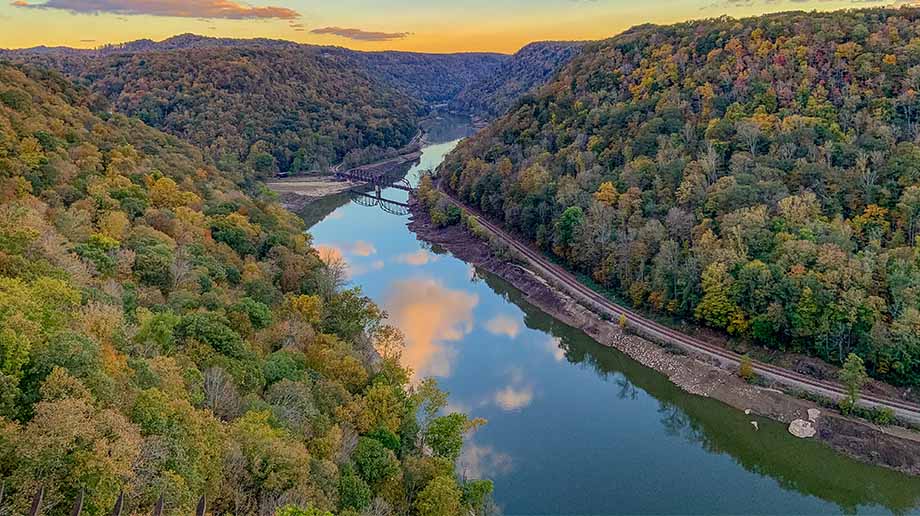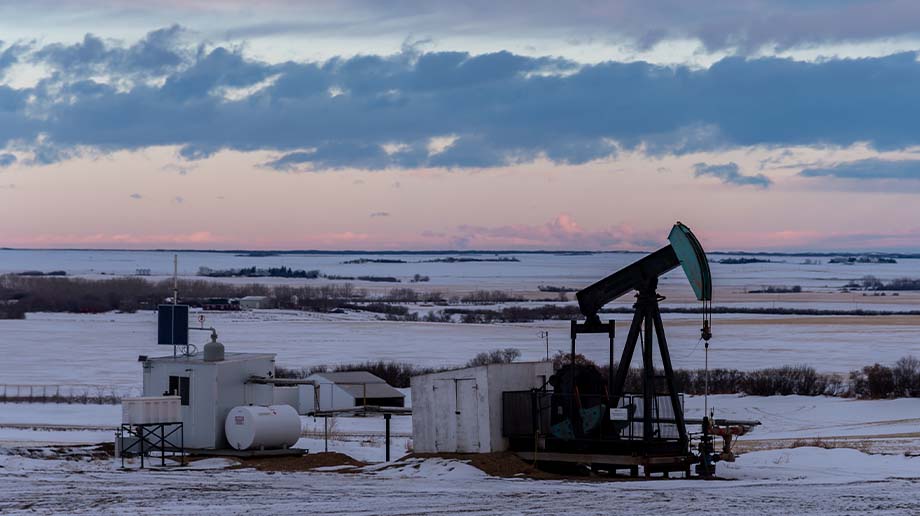
Surface use agreements
What happens above ground in oil and gas matters too. Effective oil and gas development requires a dual understanding of surface use and subsurface rights.
Although the mineral estate is dominant, oil and gas operations can be hindered, or completely delayed, by unresolved surface use and access issues. Errors in title, unrecorded easements, or ambiguous rights-of-way can stall drilling, drive up costs, and trigger disputes. Oliva Gibbs’s title attorneys help oil and gas operators negotiate and secure the surface access they need to stay compliant and on schedule.
Critical surface use issues
Our attorneys advise clients on a range of surface use matters and can negotiate and draft agreements for:
- Surface access, flowlines, and roads — confirming recorded rights to build and operate surface facilities like pads, tanks, and roads.
- Easements and rights-of-way — creating enforceable paths across third-party land.
- Surface use and surface damage agreements — clarifying terms for use of land, water, fencing, disturbance mitigation, and reclamation responsibilities.
By actively addressing these areas, Oliva Gibbs helps clients avoid permitting delays and post-development conflicts.
Surface use agreements
Oil and gas operators typically rely on two types of voluntary surface rights:
- Surface use waivers, in which the surface owner grants access without objection or litigation.
- Accommodation agreements, which detail specific parameters for development, such as pad placement, road routing, notice obligations, and surface damage thresholds.
Even though the Accommodation Doctrine gives mineral owners the right to make reasonable use of the surface, it’s not unlimited. Formal agreements are essential to defining the permitted scope of operations and preventing disputes.
Permitting and regulatory coordination
Surface use issues can also block permits. Agencies often require proof of surface rights when reviewing drilling and access permits. And in states like Wyoming, operators must notify surface owners at least 30 days prior to drilling and may need written agreements or bonds before they can break ground.
Our title attorneys work closely with our litigation and regulatory practice to align surface use agreements with agency requirements and ensure compliance.
Our lawyers bring together title, surface, and regulatory knowledge to tackle surface access issues from every angle. We negotiate with surface owners, coordinate with agencies, and draft surface use agreements that are legally sound, practical, and compliant.
Upcoming event
Energy Education Series – Navigating North Dakota Riverlands: The Evolution of Title, Sovereign Ownership & the 2025 Continental Decision

Get expert legal guidance today
Contact us to discuss your surface use agreement needs.



